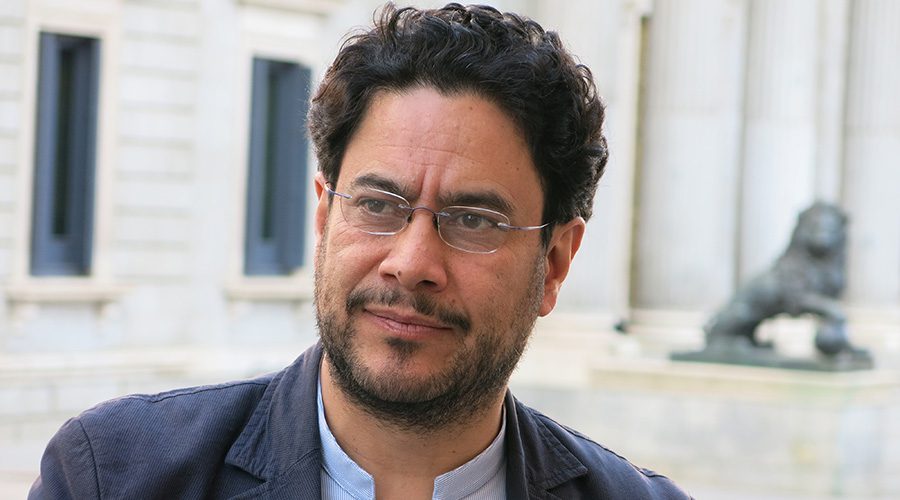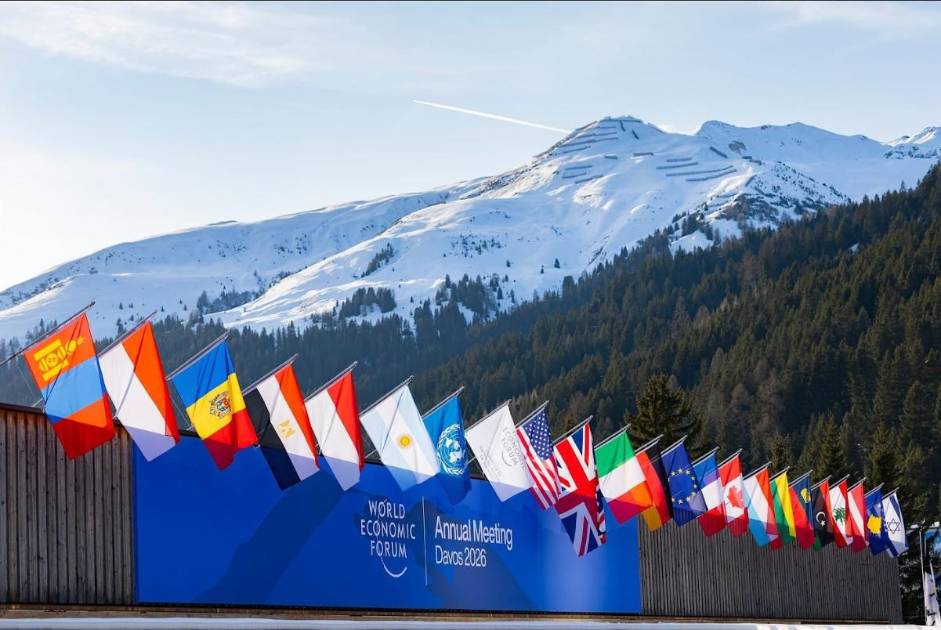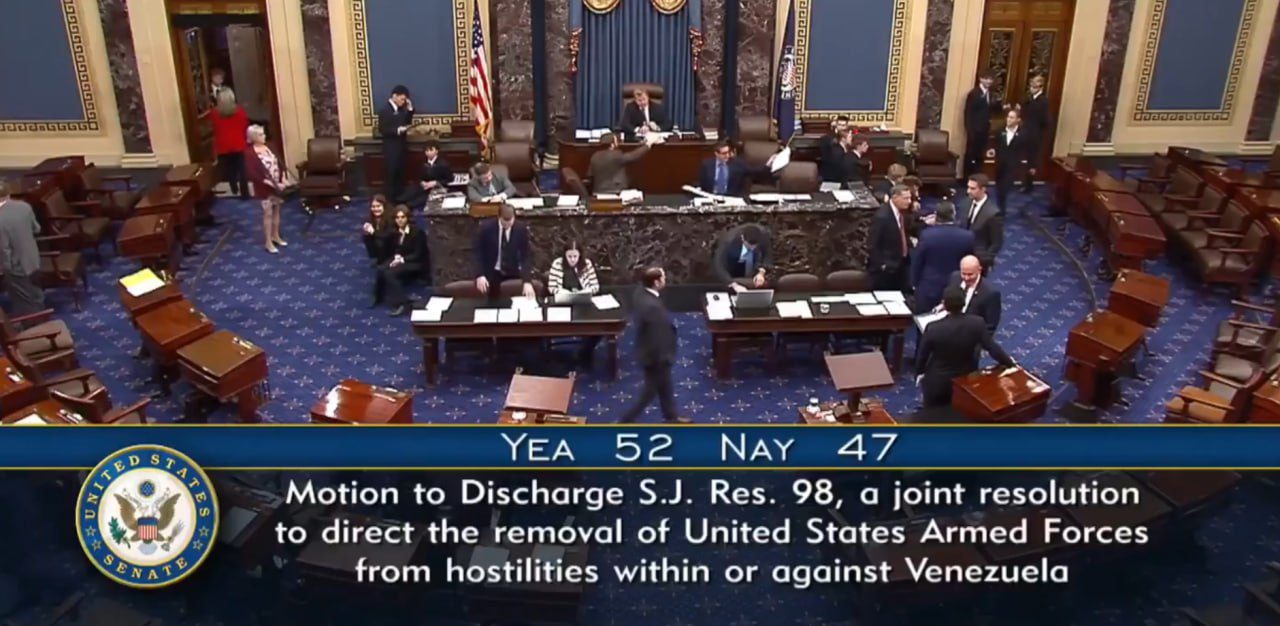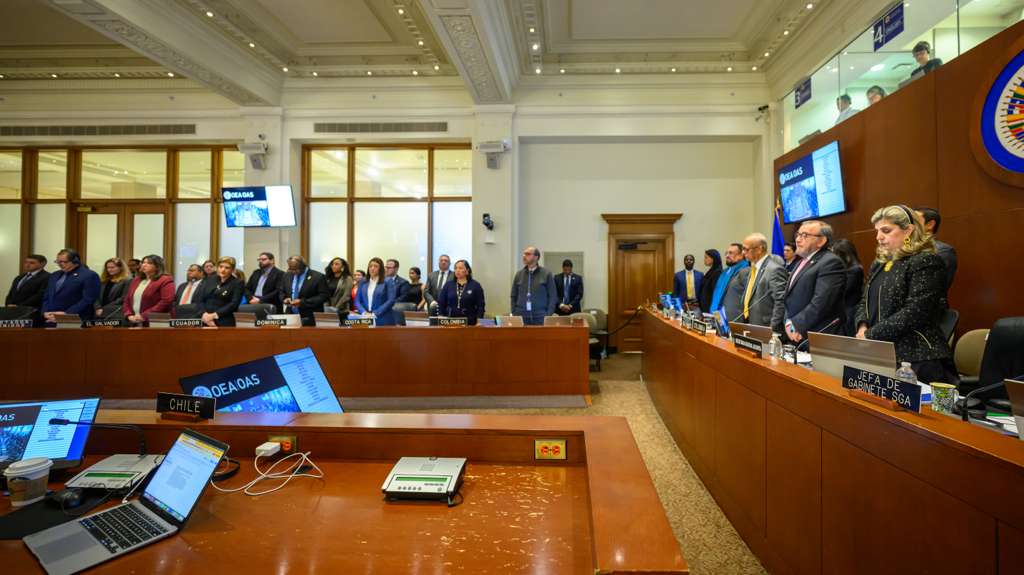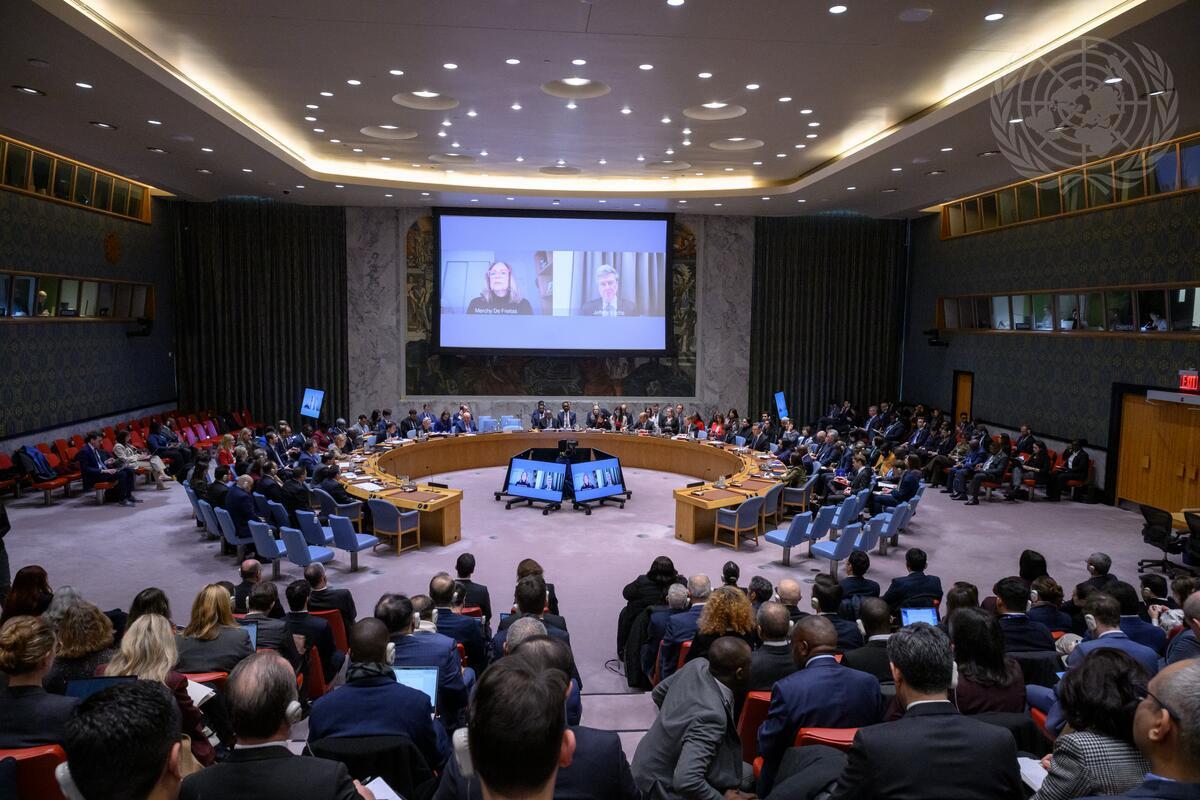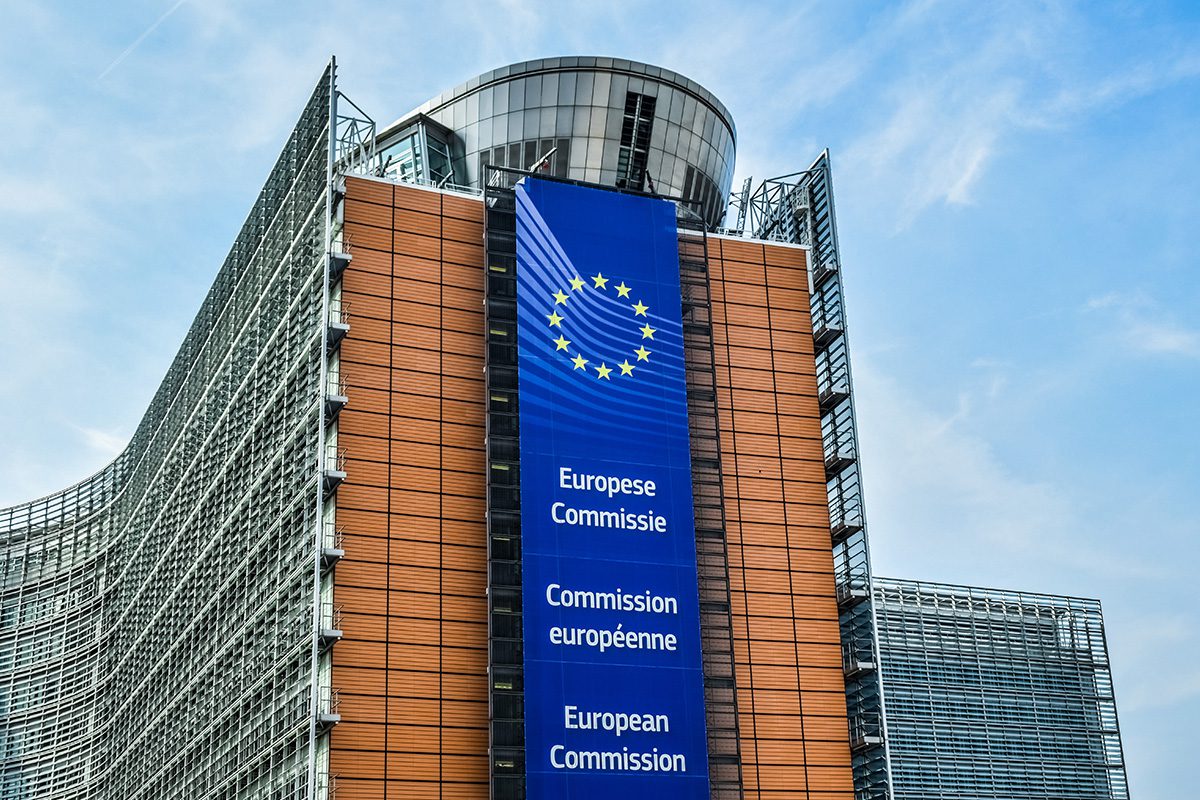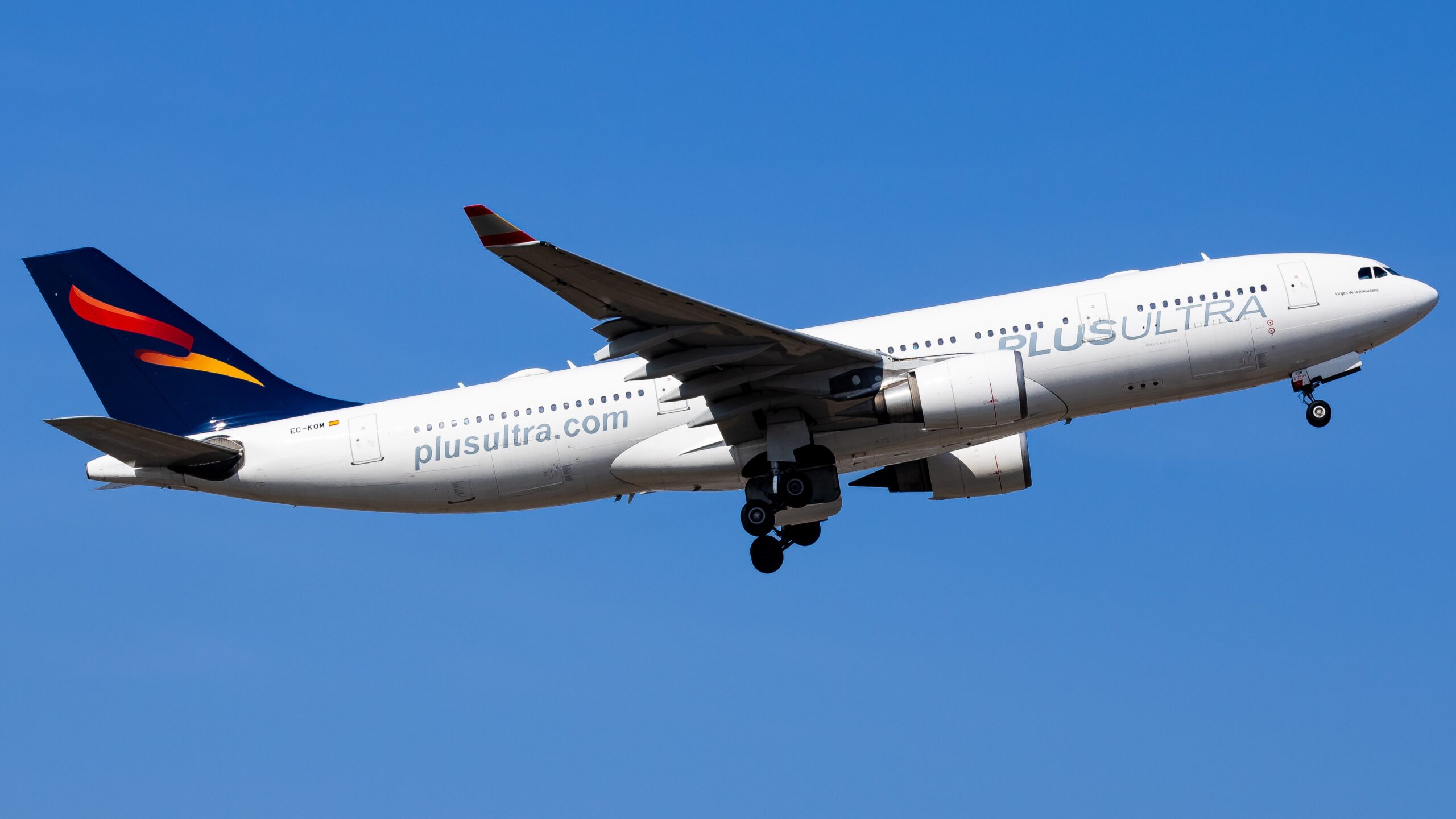Colombian philosopher and politician Iván Cepeda has been chosen to succeed Gustavo Petro as the main left-wing candidate for 2026. Photo: Iván Cepeda.
Guacamaya, October 27, 2025. Colombian Senator Iván Cepeda has won the nomination to lead the Pacto Histórico alliance into the 2026 election, picking up President Gustavo Petro’s torch, who is not allowed to run for a second term.
The Andean nation will choose its next head of state on August 7, 2026, while the majority of electoral alliances and presidential tickets are still unclear. Colombia also has a ban on polls for this runoff until November.
Cepeda won with a wide margin, receiving practically 65% of the vote. He will still have to face off a nominee from the Frente Amplio to represent the centre-left coalition, which includes former foreign affairs minister Gilberto Murillo.
Other candidates from Petro’s alliance withdrew in advance due to differing considerations. Four of them, María José Pizarro, Gustavo Bolívar, Susana Muhammad, and Gloria Flórez left the race explicitly to support Cepeda.
It is not unrealistic to imagine this candidate can reach the presidency. Petro’s approval ratings are high for an outgoing head of state in this region, with some above 40%. Meanwhile, his rivals are in fragmented: while the Centro Democrático is holding its own primary, their chosen leader will also be competing with Vicky Dávila, Abelardo de la Espirella, Claudia López and Sergio Fajardo, if not more.
What is Cepeda saying about Venezuela?
We can foresee continuity from Petro on many fronts, and Venezuela is another one of them. The incumbent president and Cepeda share a political history, starting with the Alianza Democrática M-19, the party that emerged when the similarly named guerrilla group moved on to electoral politics.
Given his left-wing ideology, Cepeda has long held an admiration for Hugo Chávez, that can be seen in past remarks he has made. While this does not necessarily translate in support for Maduro, it usually means that he would prefer a more conciliatory approach.
We can expect pragmatism. In an interview with the Spanish newspaper El País, he said that with Maduro, he will have “criticism, but with the diplomatic, economic, and border relations that Colombia should have with its neighbor.”
The candidate also condemned former president Iván Duque for contributing to the closure of the border between the two countries in 2019.
Binational trade is extraordinarily one-sided. In the first half of 2025, Colombia sold $508 million in goods to Venezuela, while only $70 million moved in the opposite direction.

